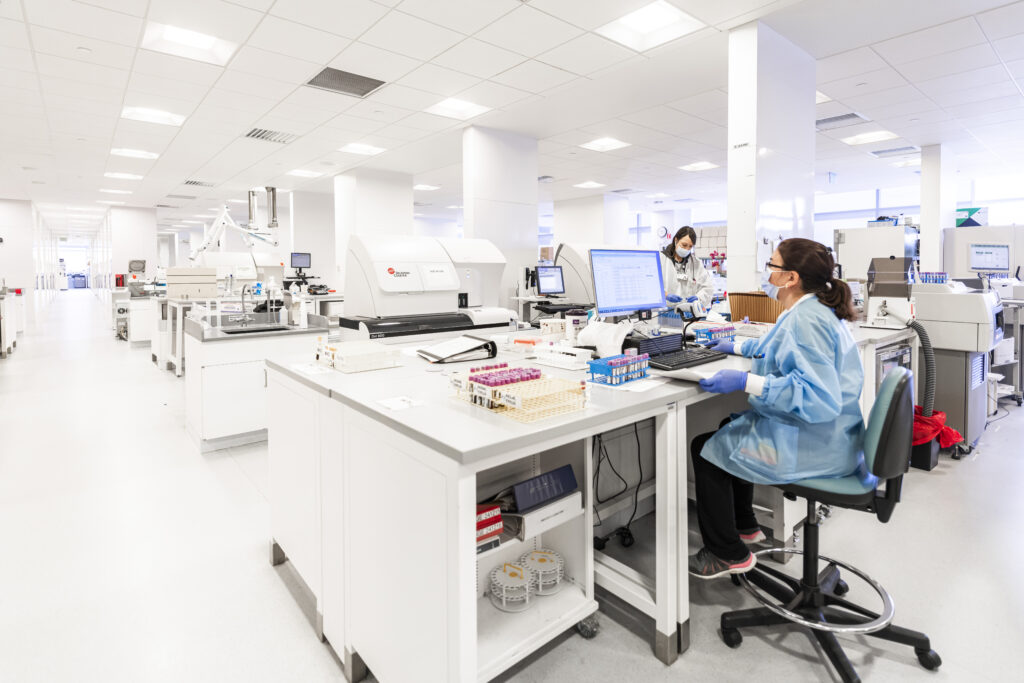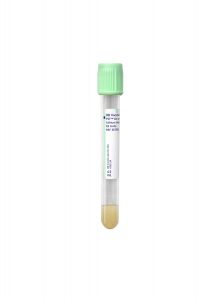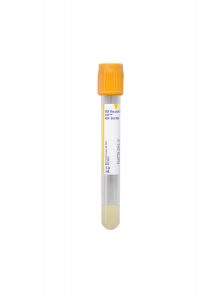Friday, January 26, 2024
7:00 am Registration, Continental Breakfast, and Exhibits
8:00 am Welcoming Remarks – Sean Williamson, MD, and Sanjay Mukhopadhyay, MD
Genitourinary Pathology
8:10 am Pattern Based Approach to Renal Cell Tumors – Sean Williamson, MD
9:00 am What’s New in Prostate Cancer Pathology? – Sean Williamson, MD
9:45 am Question & Answer Period
10:00 am Refreshment Break and Exhibits
GI and Soft Tissue Pathology
10:30 am Barrett’s Esophagus and BE-related Dysplasia: A Practical Approach to the Most Common Problems – John Goldblum, MD
11:15 am IBD and IBD-related Dysplasia with a Focus on Unusual Variants of Ulcerative Colitis – John Goldblum, MD
12:00 pm Question & Answer Period
12:15 pm Lunch served at Wynn Las Vegas
Pulmonary Pathology
1:15 pm The New, the Exciting, and the Annoying. Updates in Lung Cancer in 2023 – Sanjay Mukhopadhyay, MD
2:00 pm What I Learned from Mistakes in Thoracic Pathology – Sanjay Mukhopadhyay, MD
2:45 pm Questions & Answer Period
3:00 pm Refreshment Break and Exhibits
Gynecologic Pathology
3:30 pm Practical Staging in Endometrial Cancer: Important Details Made Easier – Amy Joehlin-Price, MD
4:15 pm Classifying High Grade Endometrial Cancer: When Histotype Matters and Why – Amy Joehlin-Price, MD
5:00 pm Question & Answer Period
5:15 pm Adjourn



